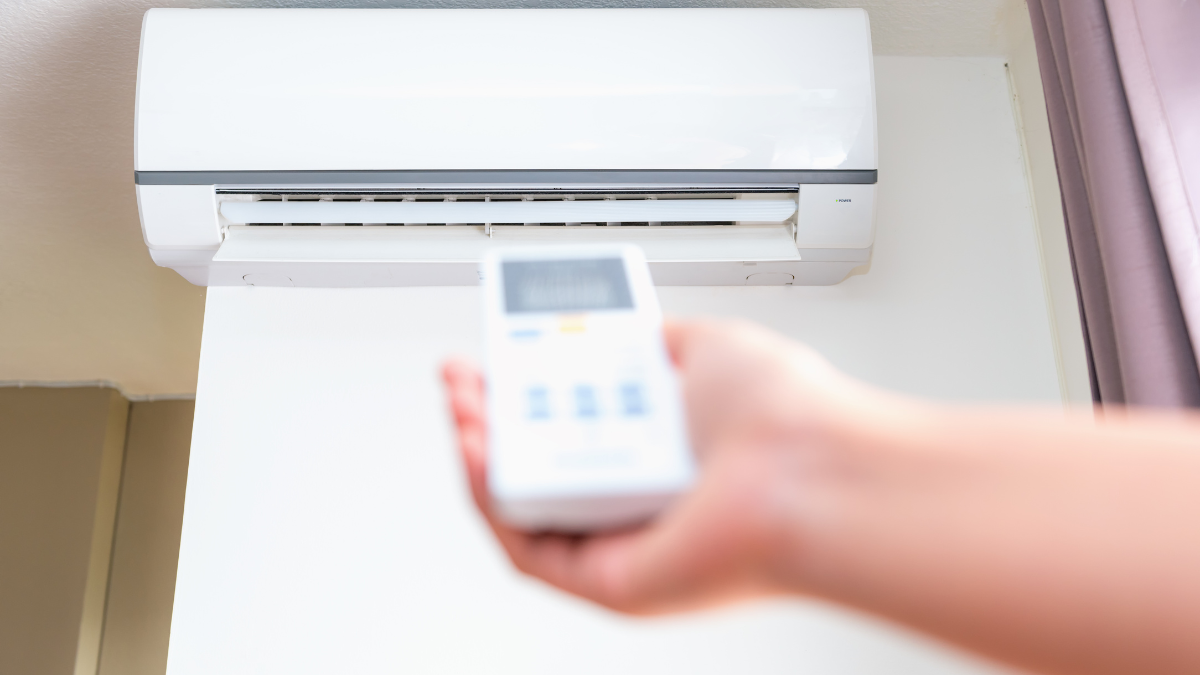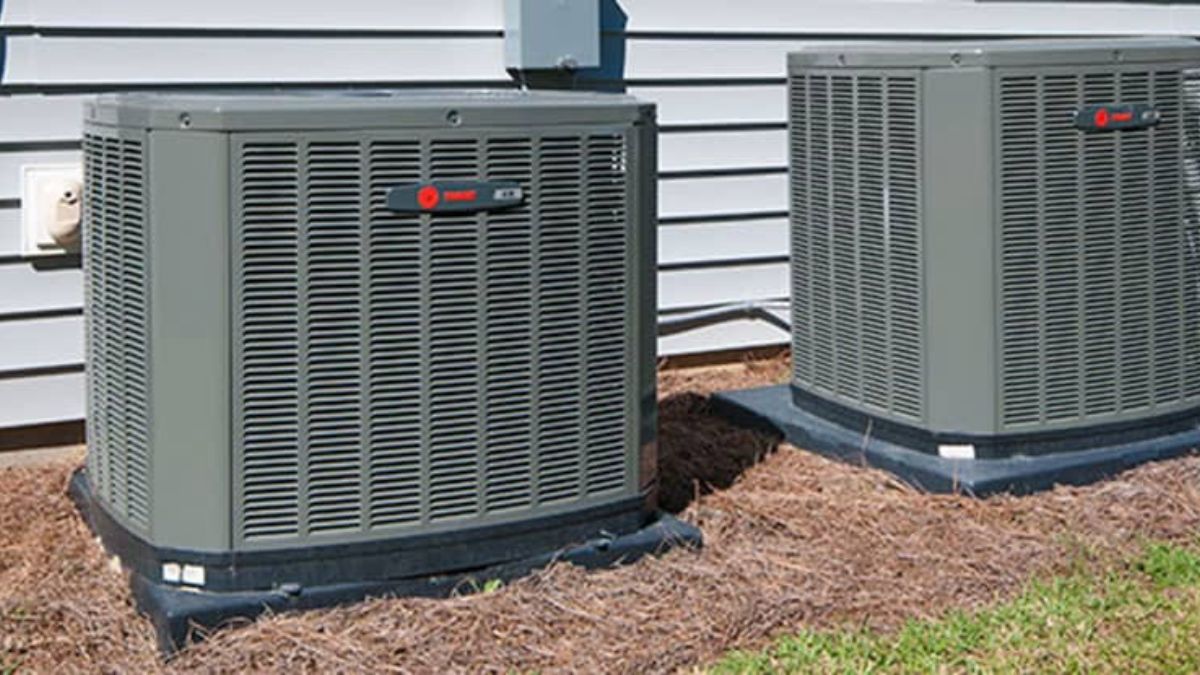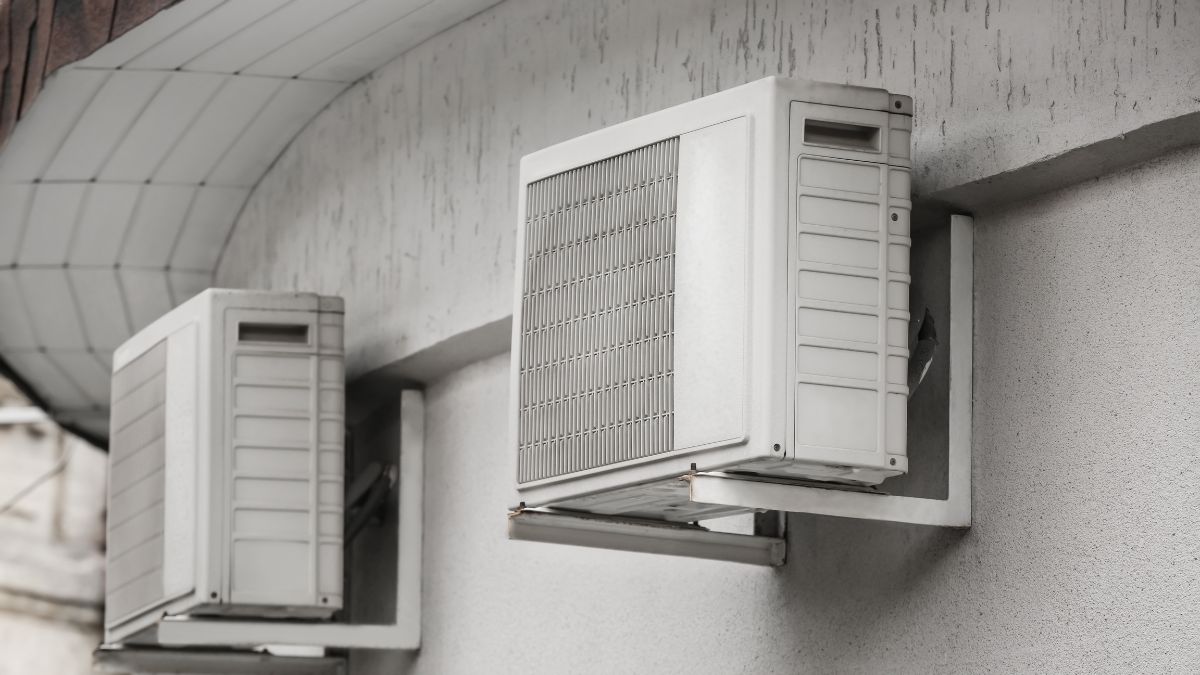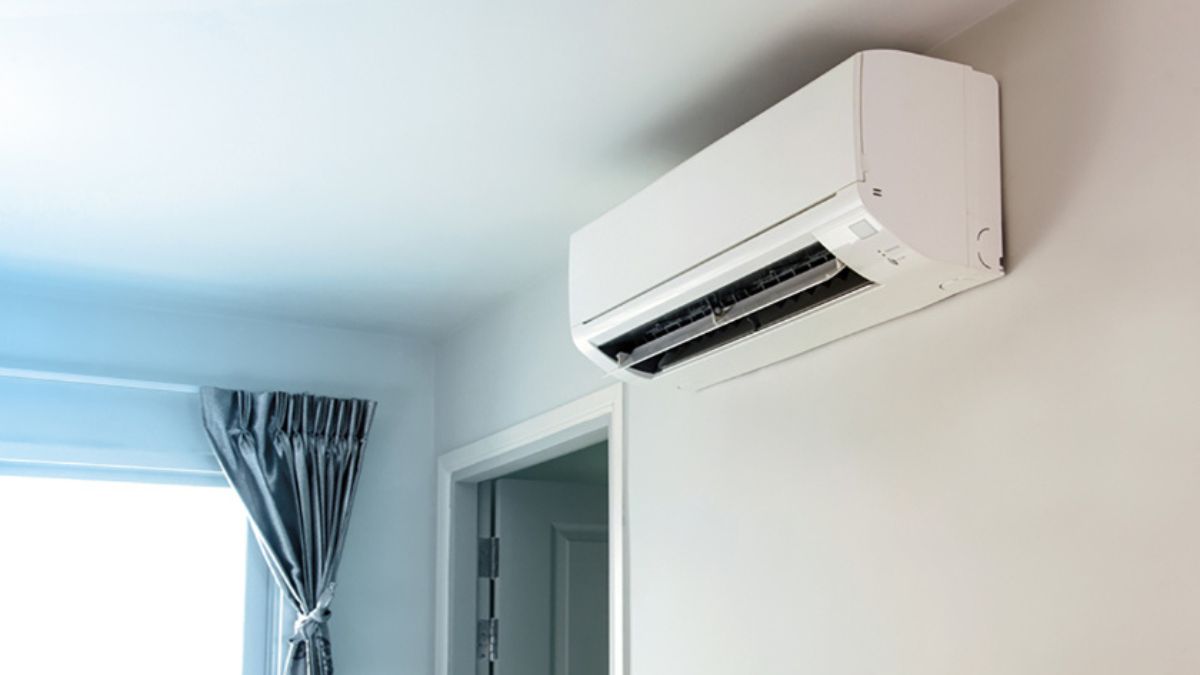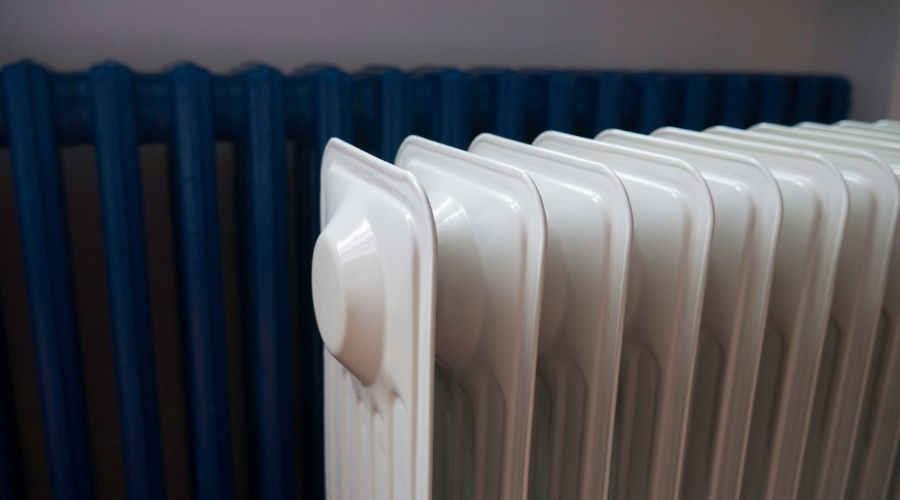
When the bitter cold of winter starts to creep into your home, typically, you would pull out your space heaters for the season. However, you notice that your oil heater is leaking, and it has gotten everywhere. This should indicate that something is wrong, so here is what you should do if you find your portable oil heater leaking.
When your oil space heater starts to leak, you need to unplug it immediately and prepare to get a new one. Oil heaters, while being super low maintenance, have one slight downside to them. If they break or start to leak, there is nothing you can do as a consumer. Your best option is to be sure to get a warranty when you purchase your oil space heater.
As you continue to read this article, it will cover the pros and cons of using a portable oil heater, what to do when it leaks, and other queries you may have regarding oil space heaters. So let us dive deep into the basics of all you need to know!
How Do Oil-filled Heaters Work?
While oil-filled space heaters resemble traditional radiators, they are very portable. Even the larger models come with wheels for more effortless mobility around your home.
However, these mobile versions of the traditional radiators use diathermic oil instead of water or steam to transfer heat to the appliance’s metal.
The portable oil space heaters use this diathermic oil, which has high heat capacity and boiling point, absorbing heat and storing it for long periods.
That heat is then transferred to the metal casing, which will have columns, fins, or flat panels to which the air will flow past or by and carry the heat throughout the room it is being used.
What To Do If A Portable Oil Heater Is Leaking?
If you notice your electric oil heater leaking in any capacity, you need to unplug it immediately because it becomes a safety hazard.
When you see the leak, let us hope that your warranty has not expired for that product. If the warranty has not expired yet, call the number on the contract and inquire about sending your heater to the company that made it and gets a replacement.
However, if the product warranty has expired, the best thing is to recycle it and start shopping for a new space heater for you and your family.
Due to how oil space heaters are made, the oil used to heat your home is installed during the production of said heater before it is welded shut.
Suppose there is some issue, such as a fractured oil gasket, broken or decaying weld joints, or even damage due to improper storage and handling of the heater. In that case, you cannot do anything to repair the product and replace the diathermic oil yourself.
Is It Possible To Avoid Oil Leakage?
It is possible to help avoid leakage with your oil space heaters. You can mainly do this by adequately maintaining your heater. First, ensure you are constantly handling your heater with the utmost care.
If you ever decide to move the heater from one room to another, take extreme caution when wheeling or carrying them around.
The oil gaskets and welds most often break when they are misused or mishap during porting. When storing the heater, never put it or anything on top of it, and try not to lean something against it.
Another thing to keep in mind when you store your heater is to cover it with a heavy blanket. This will prevent dust and other materials from covering your heater and heating up and sticking to your heater when you decide to use it again.
Can You Repair An Oil Heater If It Leaks?
On the other hand, if you decide that you are wanting to somehow repair an oil-filled radiator if the casing leaks, the simple answer is that you cannot do so. The best thing for you to do is get a new heater entirely.
How Long Do Oil Filled Space Heaters Last?
Oil-filled space heaters have one of the most extended lifespans depending on many factors. How you care for, move, store, and use your heater will dictate how long your heater can last before needing to be replaced.
Suppose you use your heater at very high temperatures for long periods, then provided you follow proper storage and moving steps, these heaters will typically last 10 to 15 years only. However, if you do not exceed 750 to 1000 degrees Fahrenheit, they can last much longer, around 15 to 20 years.
Another cause of shorter life spans in oil-filled space heaters is placement. It is not uncommon for people to move the heater outside to heat their porch, patio, or garage. However, the humidity from the outside air will shorten your heater’s lifespan the more you use it outside.
Can You Get Carbon Monoxide Poisoning From Oil Heaters?
Carbon monoxide results from a gas such as propane or any other form of natural gas burning impurely. Oil heaters do not use any form of gas or any source of ignition like a pilot.
An oil heater will only use electricity, which will heat the filaments inside your heater, which the oil is touching.
However, if your oil-filled heater produces black smoke or sediment, you should immediately call a professional to help. In extreme cases, replace the oil filter entirely.
With convection, the oil heating up will rise to the top of the heater, and as it slowly cools, it will drift down to the bottom where the electric filaments are placed, thus repeating the process.
Is It Safe To Leave Oil Heaters On All Night?
Although it is not recommended to leave heaters on overnight due to safety issues, oil heaters are the exception to that rule because they are one of the safest types of heaters to use. As long as your heater has safety features such as:
- Overheat protection
- Tip-over protection
- An adjustable thermostat
- An auto shut-off timer
With these features, you can rest assured your heater will be keeping you warm throughout the night.
If you have children and need to keep their room warm, getting a wall-mounted electric heater is safer, mainly because oil heaters get very hot. Unless you want to get a baby gate or cage to lock off the section of the room where you intend to put an oil heater, the electric heater is the safer bet if you still wish to do so. However, electric heaters should not be left on and run overnight because they can cause a fire hazard, especially if they malfunctions.
Are Oil Heaters Expensive To Run?
Oil heaters are possibly the cheapest type of heater to use in your home because of a few factors. Oil heaters use diathermic oil, which helps retain heat for long periods.
In other words, when your heater has thoroughly heated the lubricant inside, it should cease to use electricity to heat the oil until the fuel has reached a specific temperature at which the heater will kick back on.
The only thing the heater needs constant electricity to function is the faceplate where all the buttons are located.
If you want to get technical, you can effectively calculate how much electricity your oil heater will effectively use. Every heater will come with a wattage, which the appliance will use when it is in use.
One thousand watts equal 1 kilowatt, which your average electric company will charge you for service. If your local electric company charges roughly 15 cents per kilowatt per hour, and your heater requires 3000 watts to function, that is 3 kilowatts per hour or .45 cents per hour.
On average, you may run your heater for 10 hours throughout 24 hours for about $4.50 per day. Given that the heater will use a large majority of that required wattage when it first kicks on for the day, it will stagger off when the oil is sufficiently heated, and the cost per day will be lower.
Are Oil Heaters Safer Than Electric?
Electric heaters tend to have a fan installed inside them, so if something falls on them or blocks the airflow coming into the heater, like a piece of clothing or curtain, the fire risk is greatly improved.
However, oil heaters do not have fans, so if the same circumstance were to happen to them, the risk of the unit or clothing catching on fire is greatly reduced.
Electric heaters are more prone to causing fires due to many reasons that oil heaters do not have. Oil heaters come with their cause for concern, such as oil leaking. Whereas electric heaters might be repaired when broken, oil heaters must be shipped back to the manufacturer before your warranty expires for a replacement.
Every heater has pros and cons, so be sure to look over all of them and figure out for yourself which heater is best for you and your family before purchasing.
Final Thoughts
Oil heaters may come with some issues but so do all other types of heaters. If you notice your oil heater is leaking, unplug it and see if you can return it. Trying to fix it on your own is fruitless. If its warranty is expired, you are out of luck, and you will need to get a new heater if you wish to stay comfortable when the cold is unbearable.


